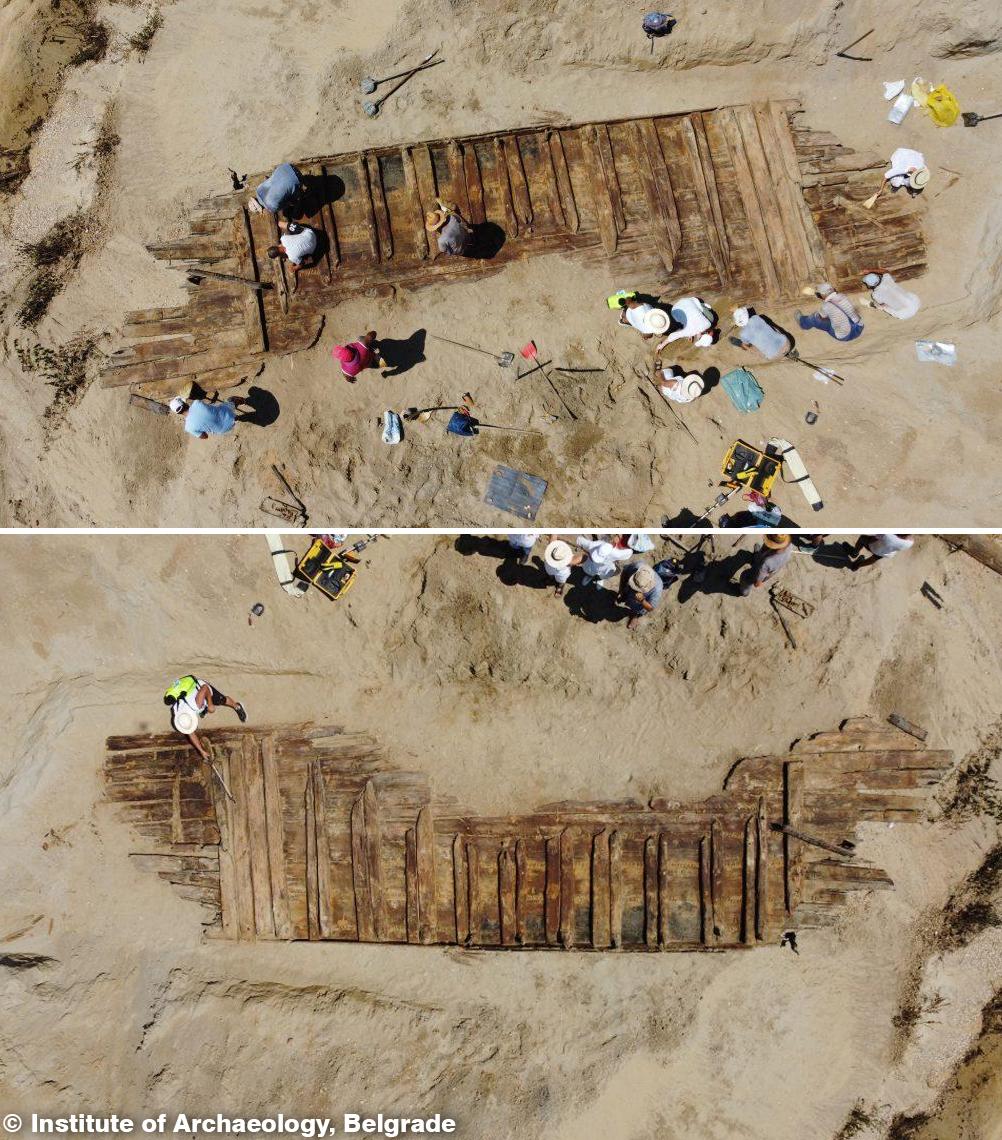Hibernation is a fascinating natural phenomenon observed in a number of animals, including bears. During the winter months, bears go into a deep sleep known as hibernation to conserve energy and survive in extreme conditions.

Bear hibernation physiology
Before diving into the consequences of waking a hibernating bear, it is essential to understand the physiological changes that occur during this hibernation.
During hibernation, their metabolic rate drops dramatically, dropping to almost 25% of their normal rate. This reduced metabolic activity allows bears to conserve energy and rely on fat stores to sustain themselves.

Bear hibernation can last up to nearly 6 months, and during this time, some species, like the black bear (scientific name: Ursus americanus), can reduce its heart rate from 55 beats/day. minutes to only 9 beats / minute, reducing the metabolic rate in the body by 53%.
Another important adaptation that bears exhibit during hibernation is a drop in body temperature. Although their internal body temperature is relatively stable, bears can cool their limbs down considerably. This adaptation reduces heat loss and avoids unnecessary energy consumption. In addition, bears also reduce heart rate and respiratory rate, which contributes to their overall metabolic rate.
In this reduced physiological state, the bear does not eat, drink, urinate, or defecate. Instead, they rely on stored fat, accumulated during the summer and fall, to provide the nutrients they need for survival. It is worth noting that the entire hibernation period can last several months, depending on the species and local environmental conditions.

At its core, hibernation is when an animal goes into a state of complete inactivity, and blood flow and metabolic rate drop to levels that are almost unbearable for non-hibernating species. , for example, us humans.
Awaken a hibernating bear
Waking up a hibernating bear is a risky and potentially dangerous endeavor. Bears that are in hibernation are often in a vulnerable state, and disturbing them can have serious consequences. While it can be tempting to witness a bear wake up, it's important to prioritize the health and safety of both humans and the bear itself.
Waking up a bear too early will disrupt its natural hibernation cycle, which can have negative consequences for the bear's health and survival. A sudden increase in metabolic rate, heart rate and body temperature can be a shock to their body, leading to stress, exhaustion and even death. Disturbing a hibernating bear also means taking away its vital energy reserves, which are crucial for the bear's survival during the winter months.
Furthermore, waking a bear can trigger an aggressive response. Bears are inherently protective of their personal space, especially when they feel threatened or startled.
An awakened bear may perceive the disturbance as an intrusion, leading to defensive behaviors such as growling, lunging and attacking, which in the worst case can take a life. who disturbs it. This reaction is a natural instinct and the consequences can be serious, harming both humans and bears.

You can be attacked by bears if you accidentally wake them while they are in hibernation.
The encounter between man and bear
Human-bear encounters, especially in the context of awakening a hibernating bear, carry significant risks. It is important to remember that bears are wild animals. Encountering a hibernating bear without proper knowledge and experience can lead to unpredictable consequences.
In areas where bears hibernate, it is important to follow the guidelines and regulations provided by your local wildlife authority. Educating the public about bear behavior and the risks associated with disturbing hibernating bears can help prevent potentially dangerous situations. This knowledge empowers individuals to make informed decisions and maintain a safe distance from bears during their hibernation.
In the event of accidentally disturbing a hibernating bear, it is important to retreat slowly and quietly without further agitating the bear. Creating distance between you and the bear reduces the possibility of conflict. If a human-bear encounter escalates, you should back away slowly, avoiding direct eye contact. Carrying bear spray or other deterrents can also be helpful in such situations.

Waking up a bear can cause an aggressive response. Bears are inherently protective of their personal space, especially when they feel threatened or startled.
Preservation and coexistence
Understanding the importance of hibernation for bears is vital to their conservation and our ability to peacefully coexist with these amazing creatures. Protecting the habitats where bears hibernate, providing adequate food sources and minimizing disturbance in these areas are essential steps to ensure their survival.
Conservation efforts to conserve bear populations involve educating the public, restoring habitat, and enforcing regulations to protect bears during their hibernation. By raising awareness about the importance of hibernation and the risks associated with disturbing bears, we can foster a greater appreciation for these remarkable animals and promote responsible interactions.

In the event of accidentally disturbing a hibernating bear, it is important to retreat slowly and quietly without further agitating the bear.
Finally, waking a hibernating bear is an action that should be avoided at all costs. Waking up a hibernating bear has dire consequences for both humans and bears. Physiological disruptions and potential aggressive responses can lead to stress, burnout, injury, or even death.
Understanding the importance of hibernation, respecting bears as wildlife and promoting coexistence are important steps to protect these incredible creatures and maintain a safe environment for all. everyone. By prioritizing education and conservation efforts, we can ensure harmony between humans and hibernating bears while preserving the wonders of the natural world.






